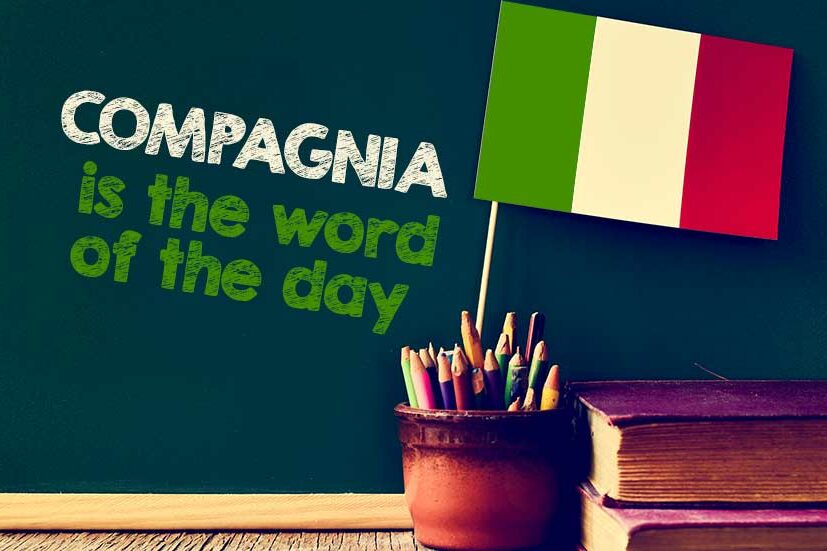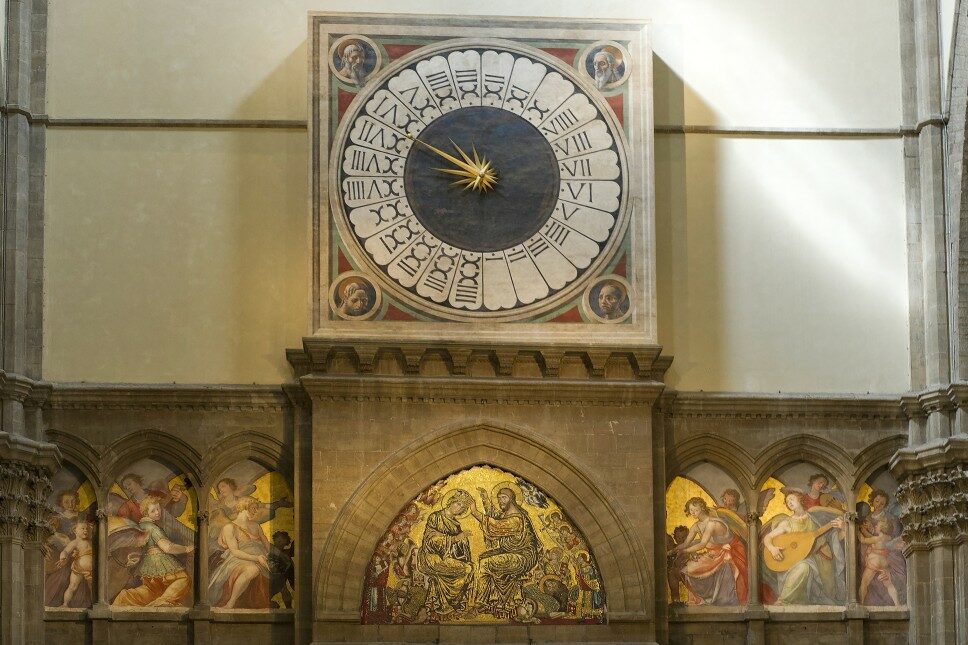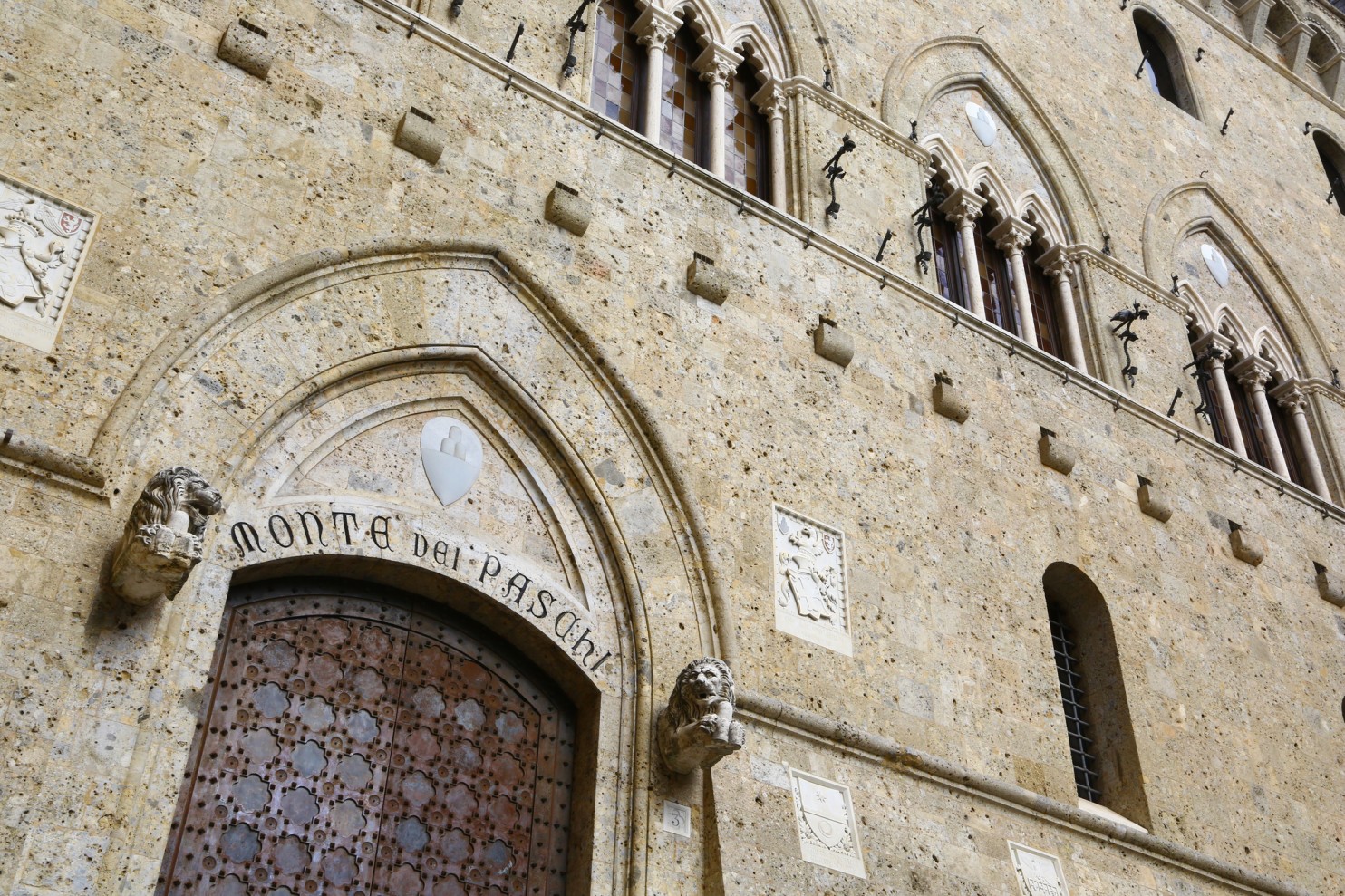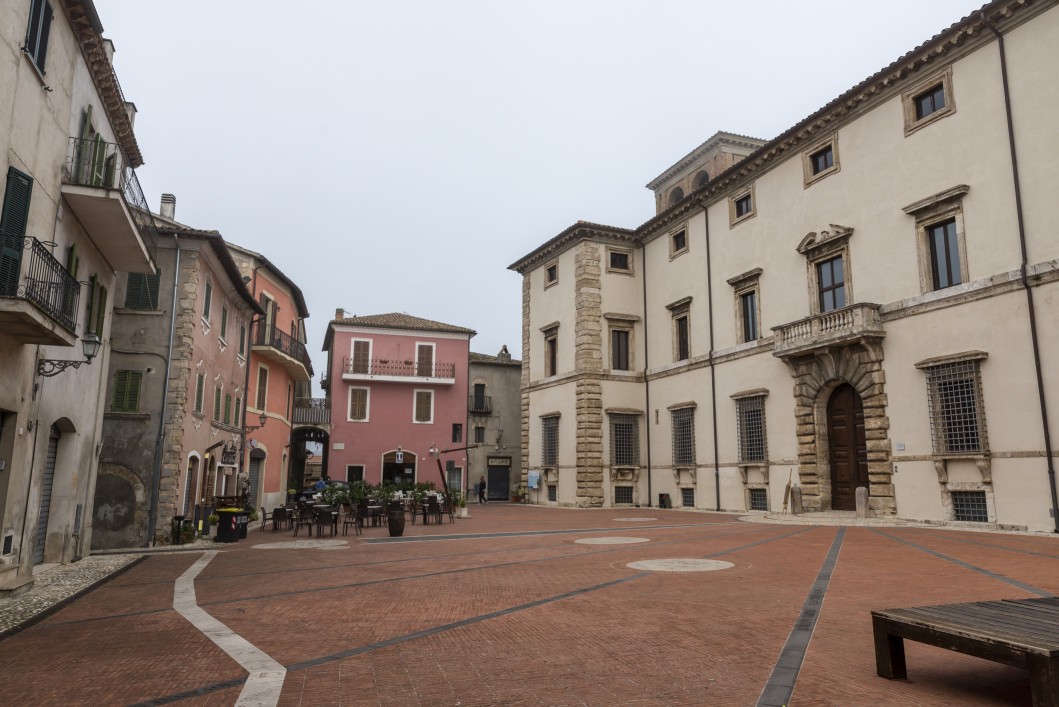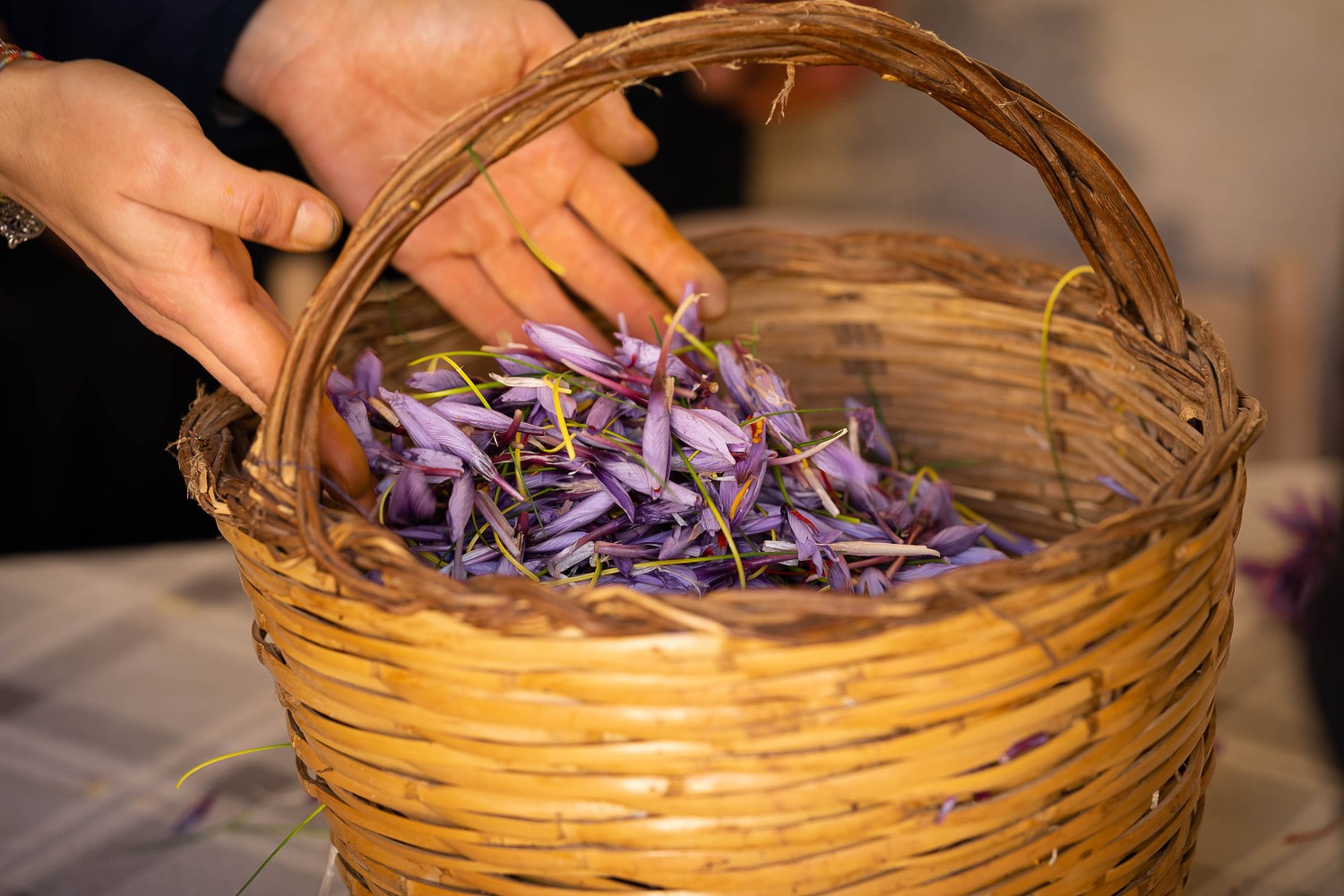Staff
Compagnia (com-pah-ñee-ah) is a beautiful word, with a very interesting etymology. It comes from the Latin cum panis (with bread), which can be extended in meaning to “sharing the same bread.” Because this is exactly what people do when they …
Food on New Year’s Eve rhymes with tradition. In Italy, everyone knows, lentils and cotechino, a type of sausage popular especially in the northern regions of the country, are ubiquitous. This is especially because lentils have been considered a symbol …
We bet you didn’t know that there is such a thing as a clock that goes backward in Florence, did you? Well, we admit it took us by surprise, too. If you want to see it, you just need to …
Today’s word is delicious! Panforte (pan-for-tai) is a type of traditional cake from Siena, made with nuts, candied fruit, honey, sugar and spices. The word comes from the pane, “bread,” and forte, “strong” or, in this case, “firm.” Panforte hails …
Banks: we all use them but have we ever thought about when and how they were created? History tells us that the earliest forms of banking – or something close to it – were practiced by the Assyrians and the …
Not many know that the invention of the typewriter as we know it comes from the ingenuity of an Italian attorney from Novara (Piedmont), Giuseppe Ravizza (1811-1885). Because its keys were reminiscent of those of a piano, another famous Italian …
Acquasparta is a village of about 5,000 in the Terni province of Umbria, located in the picturesque hills of this beautiful region. Its name derives from the Latin ad aquas partas, or “spread out waters,” because the area has always …
On the 17th of January, Italians celebrate Sant’Antonio Abate, known in English as Saint Anthony of Egypt or Saint Anthony the Great. Anthony is a saint of the early Church and he is considered the first saint hermit, as well …
My grandmother used to say that saffron was more precious than gold, and she did have a point, as it had been for centuries one of the most costly spices. The word saffron, or “zafferano” as we say in Italian, …
The story of Luxottica is the epitome of the American Dream but it happened in Italy. It is the largest eyewear-producing company in the world and, more likely than not, your own glasses are a Luxottica product, if you think …
